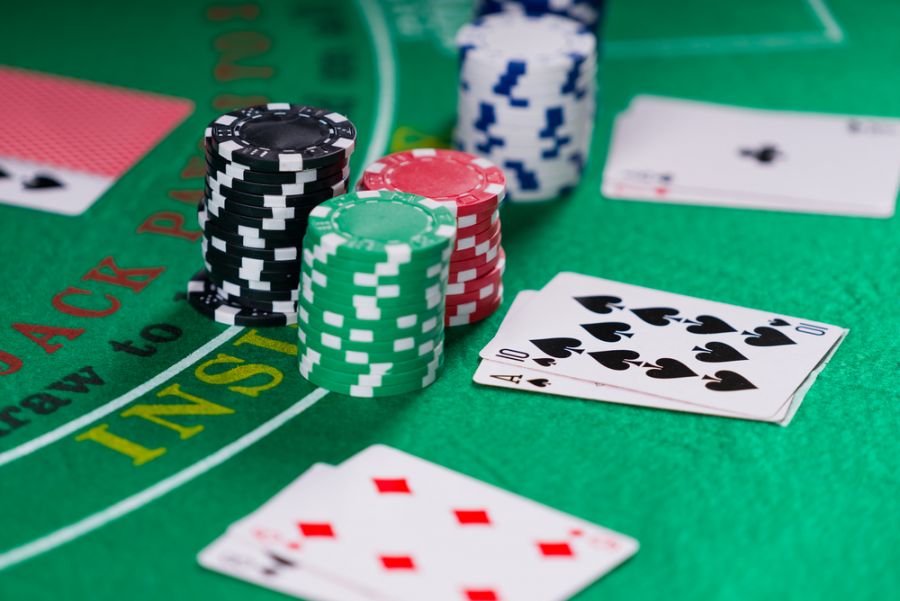When asked why he kept robbing banks, serial American thief Willie Sutton replied “because that’s where the money is”. Sutton’s Law still very much applies to this day, and casinos in particular have long since been a target for scammers, cheats and outright criminals.
As a notorious game for high rollers, where skill forms a huge part of the equation, blackjack is often a target for those who would thieve their way to riches at the expense of the House. It’s the perfect mix between simplicity and complexity for scammers and cheats to get involved – not to mention the ability to make serious money over a single sitting.
Casinos are in business to make money, in stark opposition to their customers who universally hope to get lucky. But when it comes to scammers and cheats, there are a number of unacceptable practices that can, if executed correctly, skew the odds in their favour.
From card counters and markers through to those who record hands, there are an infinite number of ways casino cheats try to scam their way to justice. At the same time, casinos are heavily incentivised to ensure fair play, and in the process protect their business from rogue players.
Blackjack Decks – How An Extra Pack or Two Changes Everything

Traditionally, blackjack was a game played with a single deck, and cards were discarded after every hand until the deck was exhausted. When you consider this from the point of view of card counting, this limits the numbers of possible cards and combinations significantly, bringing it into line with numbers most people can work with.
For example, you’re sitting wondering whether the dealer has a strong hand. But you already know you’re two-thirds of the way through the deck, and from there, and based on your mental recording of all the cards drawn, you know there are still plenty of high cards left in the deck. Do you stand, or do you up the ante?
This gives players an unfair advantage against the game generally, and is a practice casinos, understandably, want to eliminate. One easy way round these types of issues is to introduce multiple decks at the same time, bolstering the total size of the shoe on the table, and duplicating the cards in play.
If you think about the difference between counting a single deck of cards (which is difficult enough), and counting through eight decks of cards, it’s clear that this all but completely rules out the possibility of this type of play.
Shuffling Machines
The next line of defence from the casinos is shuffling machines. Not only do blackjack games frequently play with multiple decks, but the cards are often shuffled at the end of each hand. This runs counter to the traditional rules of the game, but is often a house rule in a bid to rule out the possibility of card counting and other forms of cheating that rely on these inherent elements of the game.
The purpose of these machines is quite simple – to make it even more difficult for players to keep track of what’s going on. For those who are intent on cheating the house, it becomes orders of magnitude more complicated to do so, allowing casino operators to regain control of the odds and their edge.
Of course, online versions of blackjack are already impervious to these threats, relying as they do on random number generators to come up with cards. That means it’s impossible to count cards on a virtual blackjack table, thus eliminating the possibility of the problem emerging online.
For those who still want to play a strong blackjack game, basic strategy goes some of the way towards reducing the house edge and making your ride as statistically profitable as possible. Beyond that, with casinos clamping down on virtually any available extra advantage, it’s down to your wits, and your luck, if you want to beat the house legitimately.








